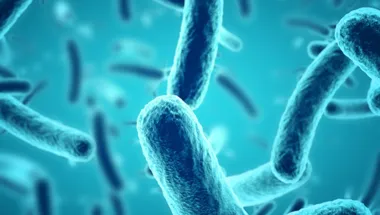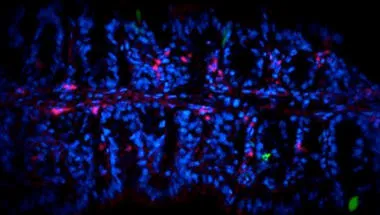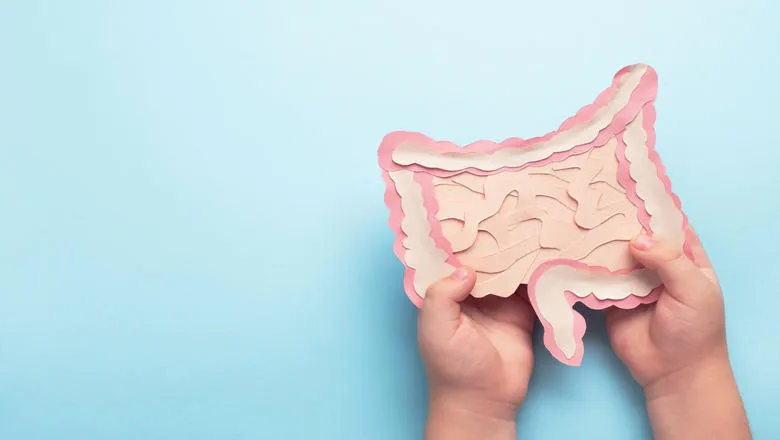
Biography
Diana Coman received her BSc in Biomedical Science from the University of Bedfordshire in 2016, which she followed up with an MSc in Immunology and Allergy at the University of Nottingham. Upon completing her studies, she entered the Cell and Gene Therapy industry as a Research Associate for a cancer immunotherapy company, where she contributed to the enhancement of CAR-T manufacturing processes.
In 2020 she joined the Neves Lab as a PhD student researching the roles of murine Type 3 Innate Lymphoid Cells (ILC3s) derived TGF-β1 in intestinal immune-epithelial interactions. Following the completion of her doctorate., Diana started a new position as a Research Associate in the Neves Lab. In this capacity, she continues her research, focusing on human ILC3s and their roles in maintaining intestinal homeostasis and contributing to inflammation.
Research

Centre for Host-Microbiome Interactions
Millions of microorganisms live in and on our bodies forming microbiomes on different surfaces. Researchers in the Centre for Host Microbiome Interactions study our relationship with these bacteria and fungi in health or in oral and systemic diseases such as periodontitis, candidiasis, oral cancer and Alzheimer’s disease.

Neves Lab
The Neves lab aims understand how the different cellular compartments of the gut communicate with each other, to then be able to direct those conversations to promote gut homeostasis.

Organoids Research Interest Group (ORIG)
Organoids are 3D, miniature versions of organs grown from stem cells. They replicate organ structure and function, making them essential for studying tissue homeostasis, disease mechanisms, and developing new therapies. This research interest group encompasses all organoid-related research at King’s College London.
News
Gut Immune Cells Found to Help Heal the Intestine – New Hope for IBD Patients
Researchers uncover a key mechanism that could pave the way for novel therapies in inflammatory bowel disease (IBD).

Gut and lung organoids open the door to innate immune cell therapies
King’s researchers have found an innovative approach for expanding and maturing innate immune cells in a dish.

Research

Centre for Host-Microbiome Interactions
Millions of microorganisms live in and on our bodies forming microbiomes on different surfaces. Researchers in the Centre for Host Microbiome Interactions study our relationship with these bacteria and fungi in health or in oral and systemic diseases such as periodontitis, candidiasis, oral cancer and Alzheimer’s disease.

Neves Lab
The Neves lab aims understand how the different cellular compartments of the gut communicate with each other, to then be able to direct those conversations to promote gut homeostasis.

Organoids Research Interest Group (ORIG)
Organoids are 3D, miniature versions of organs grown from stem cells. They replicate organ structure and function, making them essential for studying tissue homeostasis, disease mechanisms, and developing new therapies. This research interest group encompasses all organoid-related research at King’s College London.
News
Gut Immune Cells Found to Help Heal the Intestine – New Hope for IBD Patients
Researchers uncover a key mechanism that could pave the way for novel therapies in inflammatory bowel disease (IBD).

Gut and lung organoids open the door to innate immune cell therapies
King’s researchers have found an innovative approach for expanding and maturing innate immune cells in a dish.

